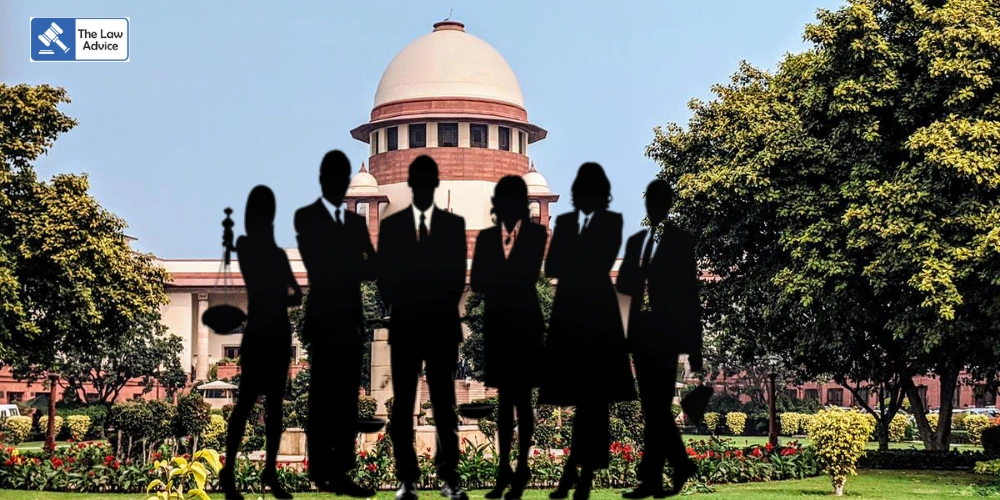New Delhi | August 6, 2025
In a notable procedural reform, Chief Justice of India B.R. Gavai has directed that, starting August 11, designated senior advocates will no longer be allowed to mention matters for early listing before the Supreme Court.
The oral announcement came during court proceedings earlier this week and marks a clear step towards enforcing discipline in the court’s mentioning process. The move is aimed at bringing greater uniformity, efficiency, and fairness in how matters are brought before the registry and scheduled for hearing.
Beginning next week, any fresh matter whether urgent or regular must be routed through the Advocate-on-Record (AoR) and mentioned by them if listing is requested. This abolishes the current informal practice where senior advocates could appear and seek out-of-turn listings based solely on oral submissions to the Bench.
CJI Gavai reportedly stated that no special privilege will be granted on the basis of designation, and all lawyers must now follow the structured system meant to ensure transparency and prevent backdoor fast-tracking of matters.
This reform comes in light of repeated observations from the Bench about court congestion, listing delays, and the overuse of oral mentioning particularly by designated seniors leading to chaotic cause lists and scheduling conflicts.
Legal observers view the change as a move toward a more equitable court procedure where all advocates regardless of designation operate on the same procedural footing.
“This is not about restricting anyone; it’s about ensuring that the court’s time is used efficiently and the listing process remains fair for everyone,” a source familiar with the administrative development shared.
• Effective August 11, mentioning by designated seniors for listing of fresh matters will not be entertained.
• All urgent listings must be routed through Advocates-on-Record, following standard registry procedures.
• The Supreme Court Registry is expected to issue a formal clarification or circular shortly to provide further guidance to the Bar.
The change has sparked mixed reactions within the legal fraternity some welcoming the accountability it brings, while others are concerned about the increased burden on AoRs and potential delays in urgent matters.
